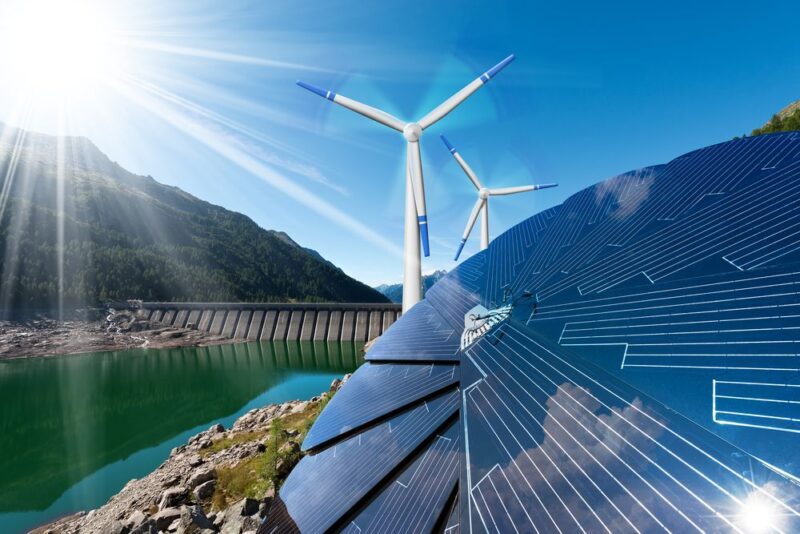For the first time, wind and solar generated nearly half of the electricity in the European Union in 2024, relegating fossil fuels to a historically low level. According to the annual report from Ember, renewable energies accounted for 47% of electricity production in the Twenty-seven, compared to 29% for coal and gas.
A marked decline in fossil fuels
Since the launch of the Green Deal for Europe in 2019, the energy transition has accelerated well beyond expectations. Solar energy, experiencing strong growth, has surpassed coal, while gas production has declined for the fifth consecutive year.
“Fossil fuels are losing their grip on EU energy,” says Chris Rosslowe, lead author of the report. The study also highlights that, compared to 2019, the share of fossil fuels in electricity production has fallen from 39% to 29%, while renewables have surged from 34% to 47%.
Massive savings and sharply falling emissions
The rise of solar has helped avoid 59 billion euros in fossil fuel imports since 2019, thereby reducing the EU’s energy dependency. Emissions from the electricity sector have halved compared to their peak in 2007.
In several EU countries, coal – considered the most polluting fossil fuel – has been almost entirely phased out, or now represents only a tiny share of the energy mix.
The challenges ahead: storage and grid flexibility
Despite these advances, the development of energy storage remains crucial to manage the intermittency of renewable energies. The report points to an urgent need to increase battery capacity and to improve the flexibility of the electricity grid.
In 2024, the abundance of solar energy led to daytime price drops, sometimes reaching negative prices in the markets. This underscores the importance of adapting storage and consumption infrastructures to fully harness this production.
“We need to ramp up battery deployment and promote smart electrification of the heating, transport, and industrial sectors,” emphasizes Walburga Hemetsberger, CEO of SolarPower Europe.
With increasing investments in storage and grid flexibility, renewable energies are establishing themselves as the new backbone of the European energy system.


